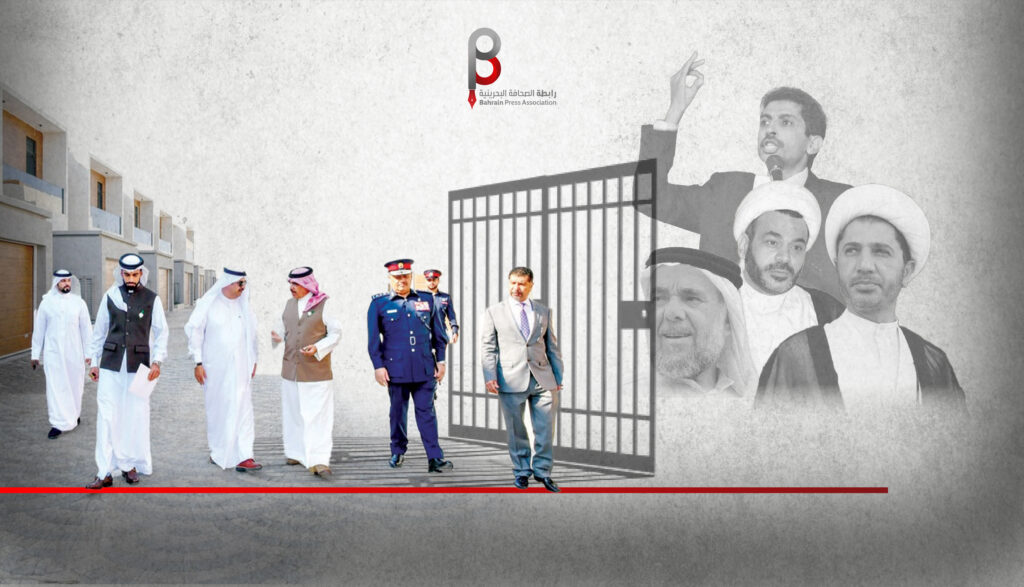Open Prisons: Excessive Propaganda and Mediocre Results

In February 2023, the Minister of Interior, Sheikh Rashid bin Abdullah Al Khalifa, said in response to a parliamentary question that the beneficiaries of the open prisons program in its first cohort reached about 48 people as an initial stage. He also promised that the program would include a larger number of beneficiaries in the future.
But what are open prisons?
Open prisons are considered the second stage after alternative sentences. In alternative sentences, the convicted person’s sentence is replaced from prison to another punishment of unpaid community service, provided that he serves his sentence free (unconfined) and returns daily after performing this community service to his home and his family.
However, open prisons is a program designed for long-term prisoners whose release would be difficult for various reasons. Under this program, the prisoner is released throughout the day, but at a specific hour he returns to the prison to stay overnight. The declared goal of this program is to “integrate the convicts into society and prepare them to participate in the social life cycle.”
Since the Bahraini government announced the alternative sentencing and open prisons initiative, Bahrain has been praised internationally for its progress on human rights. Nonetheless, open prisons have remained applied on a small scale and include only very few political detainees.
In the latest official statistics, the Public Prosecution mentioned in its annual report published in late January 2024 that the number of beneficiaries of the alternative sentencing program reached 6,286, while the number of beneficiaries of the open prisons program reached only 105, with 48 beneficiaries in the first batch and 57 beneficiaries in the second batch.
Unlike the alternative sentencing program, open prisons have been widely publicized in newspapers and Bahrain TV reports, and even a release ceremony for the first batch was held in the presence of the Minister of Interior himself, to market this achievement.
It is noticeable that the government treats the open prisons program as a propaganda step. So far, the government has excluded opposition leaders from the open prisons program, even though they are considered legally eligible, as they have long prison sentences and do not pose a real danger to society.
It seems unfortunate that since 2011, any project or program related to the political file is often tied to one of these two ends: an urgent need to solve a real crisis or political propaganda.
Hence, we can conclude that a program such as the Alternative Punishments/Sentences Program came to solve a real dilemma, overcrowded prisons and lack of sufficient buildings to detain dissidents and opponents, or the unwillingness to bear the economic cost of their detention. As for the Open Prisons Program, it still within the scope of political propaganda that also includes the establishment of the General Secretariat for Grievances, the Commission for the Rights of Prisoners and Detainees, the National Human Rights Institution and the Special Investigation Unit in the Public Prosecution charged with investigating cases of torture of prisoners.
Bahrain has already gained international, UN, and even human rights praise for announcing this initiative, which is undoubtedly a positive initiative, but investing in such initiatives politically without having a real and living impact may be feasible for a specific period of time. Nevertheless, it will certainly not be effective for successive years and will be a gateway to the continuation of the political and human rights crisis in the country.
The Bahraini government is called upon to prove its seriousness in pursuing an open prisons program by including political prisoners, especially opposition leaders.